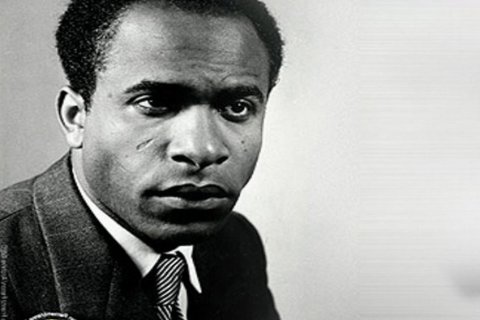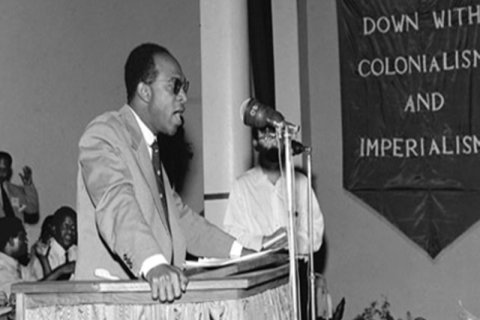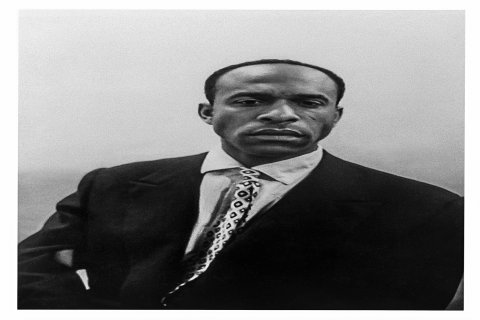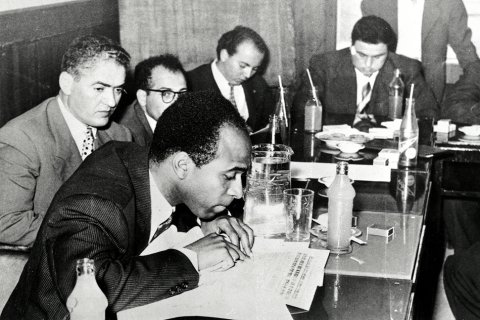Frantz Fanon
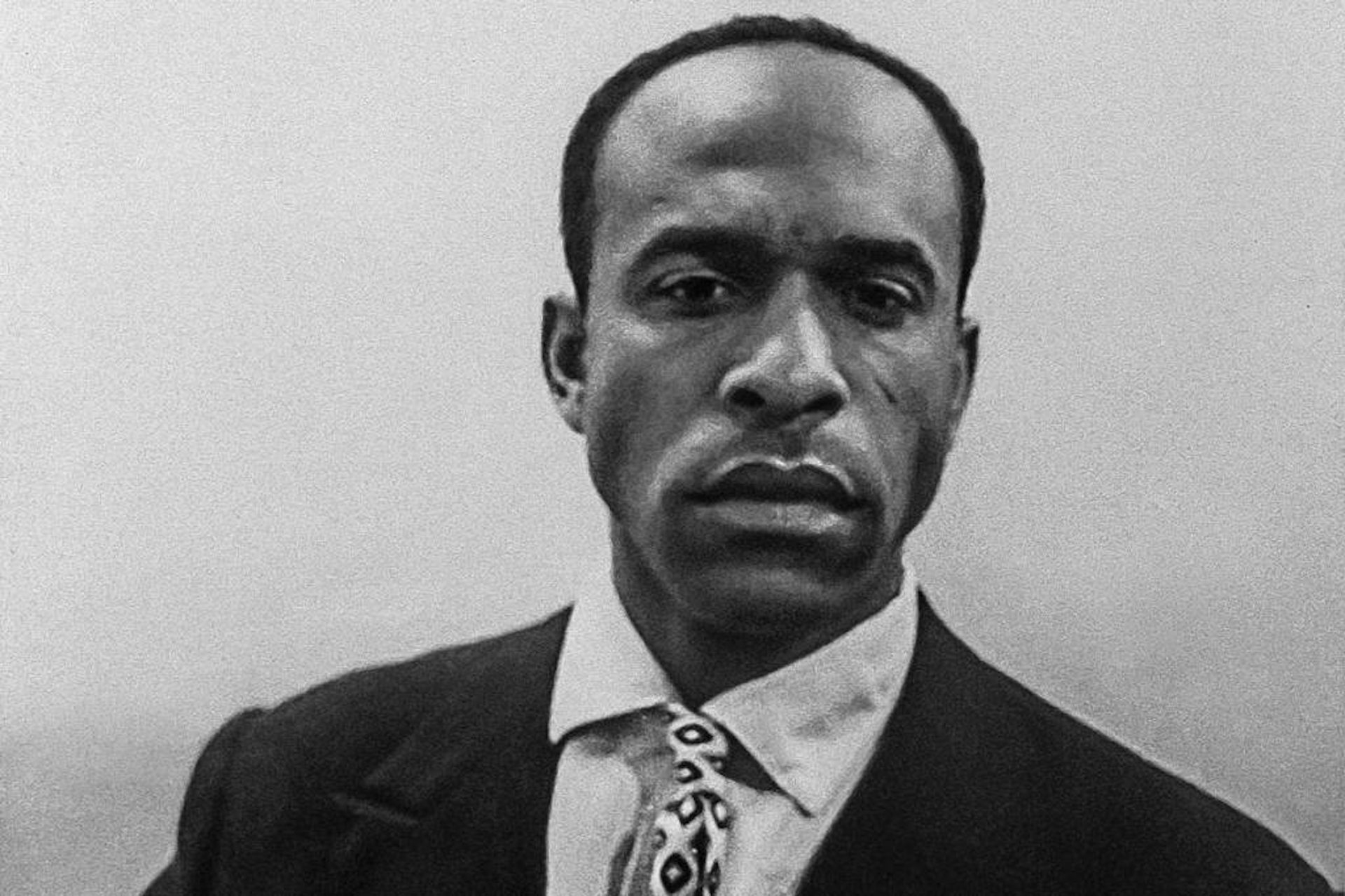
Frantz Fanon: A Revolutionary Psychiatrist and Anti-Colonialist Intellectual
Frantz Fanon (1925-1961) was a Martinique-born psychiatrist, philosopher, revolutionary, and anti-colonialist intellectual. He is best known for his writings on the psychology of colonialism and the liberation of oppressed peoples.
Fanon's work has had a profound impact on postcolonial studies, critical race theory, and liberation movements around the world. His insights into the psychological effects of colonialism and racism have helped to shed light on the experiences of marginalized people and the challenges they face in their struggles for freedom and equality.
Early Life and Education
Frantz Fanon was born on July 20, 1925, in Fort-de-France, Martinique, a French colony in the Caribbean. He was the son of Felix Fanon, a customs official, and Eléonore Fanon, a homemaker. Fanon grew up in a middle-class family and attended the Lycée Schoelcher, a prestigious secondary school in Fort-de-France.
In 1943, Fanon left Martinique to study medicine in Lyon, France. He was drawn to psychiatry and soon became interested in the psychological effects of colonialism. In 1951, Fanon published his first book, Black Skin, White Masks, in which he explored the psychological impact of racism on black people.
Work in Algeria
In 1953, Fanon moved to Algeria, which was then a French colony. He worked as a psychiatrist at the Blida-Joinville Hospital, where he treated Algerian patients who had been tortured by the French military. Fanon's experiences in Algeria radicalized him and led him to become a vocal critic of colonialism.
In 1957, Fanon published his second book, The Wretched of the Earth, in which he argued that violence is a legitimate form of resistance against colonial oppression. The book was banned by the French government, but it quickly became a classic work of anti-colonial literature.
Legacy
Frantz Fanon died of leukemia in 1961 at the age of 36. He left behind a powerful body of work that continues to inspire activists and scholars around the world. Fanon's insights into the psychology of colonialism and racism have helped to shape our understanding of these oppressive systems and the struggles for liberation that they engender.
Fanon's Work in English
Frantz Fanon's work has been translated into many languages, including English. Some of his most important works available in English include:
- Black Skin, White Masks (1952)
- The Wretched of the Earth (1961)
- Toward the African Revolution (1964)
- A Dying Colonialism (1965)
Fanon's work is essential reading for anyone interested in postcolonial studies, critical race theory, or liberation movements. His insights into the psychology of colonialism and racism continue to resonate with people around the world who are fighting for freedom and equality.


